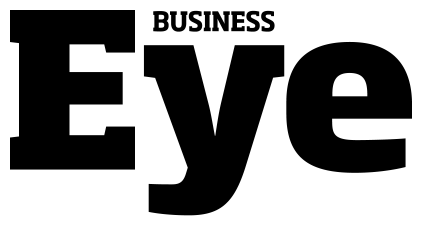60 percent of firms said that COVID-19 has had a negative impact, but the significant majority (88 percent) expect to recover within 24 months.
The top issues identified by respondents as currently holding back the recovery of their businesses though include social distancing restrictions, supply chain challenges, a perceived lack of government support, and over indebtedness.
Indeed, more than a quarter (28 percent) of companies surveyed said that indebtedness was a problem of some degree for their company, with 10 percent of respondents saying that this issue was quite significant or very significant. And almost 38 percent of respondents said that measures from government to ease business debt would help boost their firm’s revival.
When asked what they would like to see government do to support economic recovery, 33 percent of respondents said that they would like to see further grant support, and 31 percent said they would like to see government invest more in infrastructure to stimulate the economy. 23 percent identified extending the furlough scheme as something they would like to see government do.
The publication of the results follows the release of findings by the British Chambers of Commerce which show that one in 10 UK firms that took on debt during the pandemic say they may have to cease trading.
Commenting, Mark Crimmins, Head of Ulster Bank in Northern Ireland, said: “We are approaching a crucial juncture for the Northern Ireland economy with the ending of the furlough scheme. Many local firms have been dependent on this support as well as support from government-backed lending schemes. Ulster Bank therefore wants to help stimulate further discussion about what a recovery of the economy looks like from here.”
“What is clear is that government won’t be able to continue with a widespread furlough scheme indefinitely. It is also clear that social distancing restrictions need to remain in the current circumstances to protect employees and customers. Businesses also cannot continue to take on debt to make up for lower demand. Indeed, strategic solutions to corporate indebtedness may be required to help stop many firms falling into a spiral of unsustainable debt, given that corporate debt in Northern Ireland was already high before the pandemic.
“This presents a very difficult challenge for Northern Ireland and there needs to be a really honest discussion across the economy to come up with innovative answers locally to help mitigate significant business distress and job losses,” he adds.

Ulster Bank's Mark Crimmins



